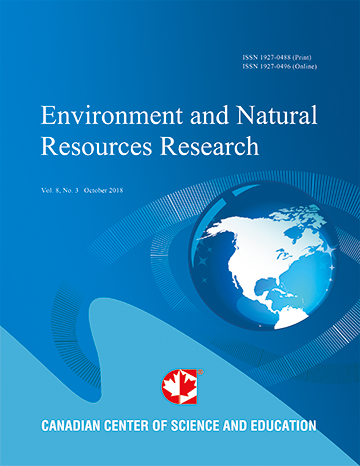Application of an Optimization Model for Assessing the Performance of Water Appropriation in Iraq
- Ahmed Aljanabi
- Larry W. Mays
- Peter Fox
Abstract
The magnitude of water resources shortages in the Middle East represents an important factor in the stability of the region and it is a vital element in protecting sustained economic development in the region. This investigation addresses the ongoing challenge of water governance in Iraq by examining how profitability, at both the farm and basin levels, is affected by various water appropriation systems. Farmland irrigation in Iraq was evaluated using three water appropriation systems; upstream (UPR), downstream (DPR) and proportional (PSR) sharing rule. Their impacts on farm income under normal, dry, and drought water supply scenarios were evaluated using an irrigation water model coupled with a nonlinear programming (NLP) optimization model. As compared to UPR, PSR provided a 32% and 75% increase in total farm income for the Tigris River under dry and drought supply conditions, respectively. As compared to DPR, PSR provided a 47% and 83.5% increase in total farm income for the Euphrates River under dry and drought supply conditions, respectively.
- Full Text:
 PDF
PDF
- DOI:10.5539/enrr.v8n1p105
Journal Metrics
Google-based Impact Factor (2016): 6.22
h-index (November 2017): 12
i10-index (November 2017): 19
h5-index (November 2017): 11
h5-median (November 2017): 12
Index
Contact
- Emily LinEditorial Assistant
- enrr@ccsenet.org
